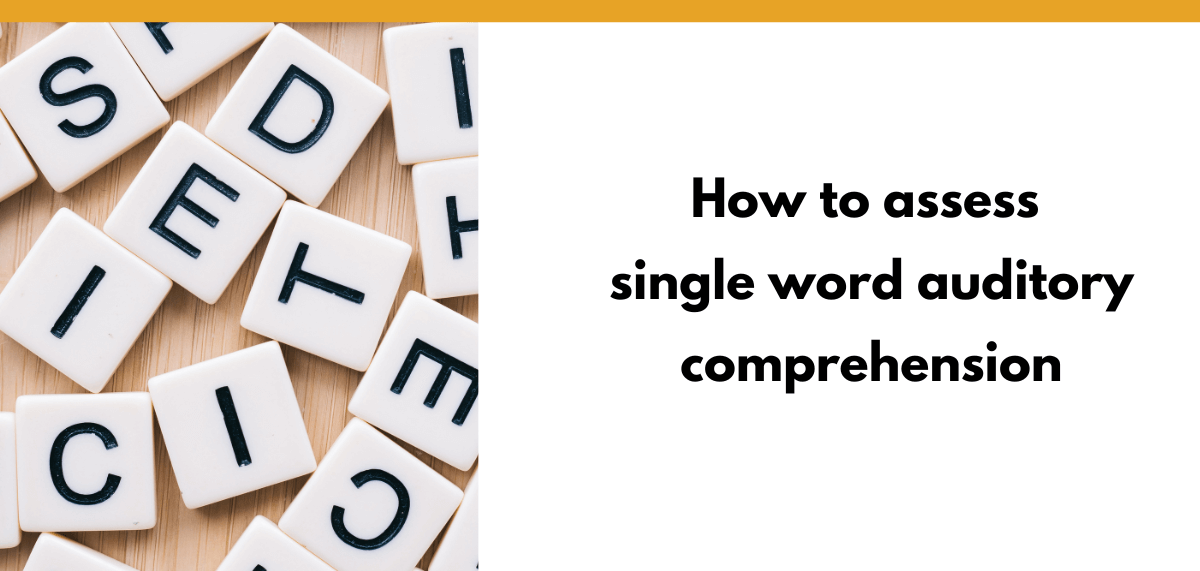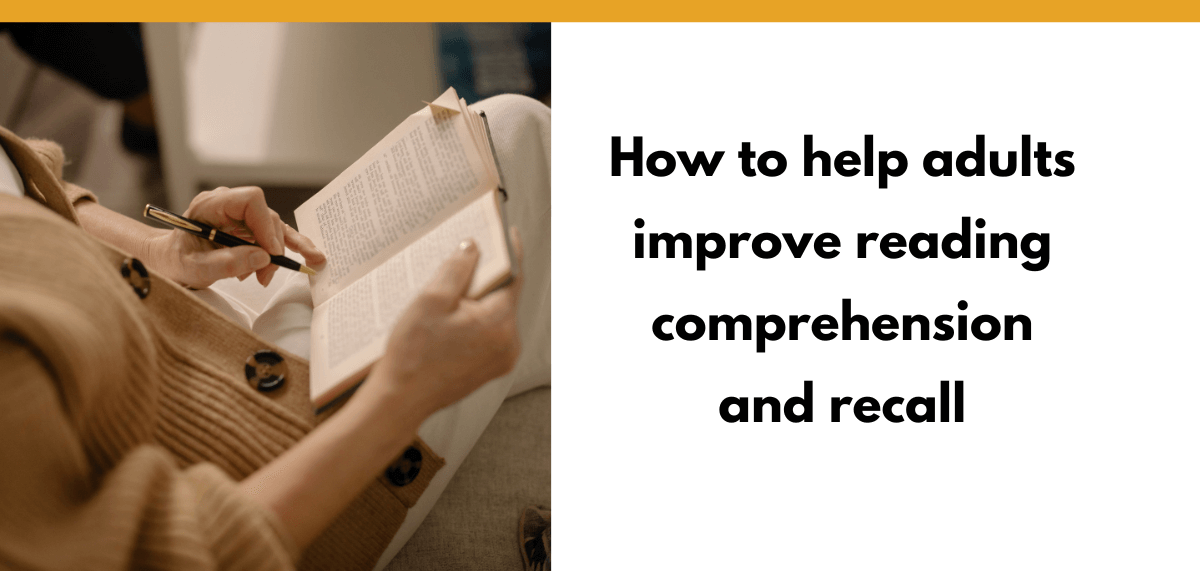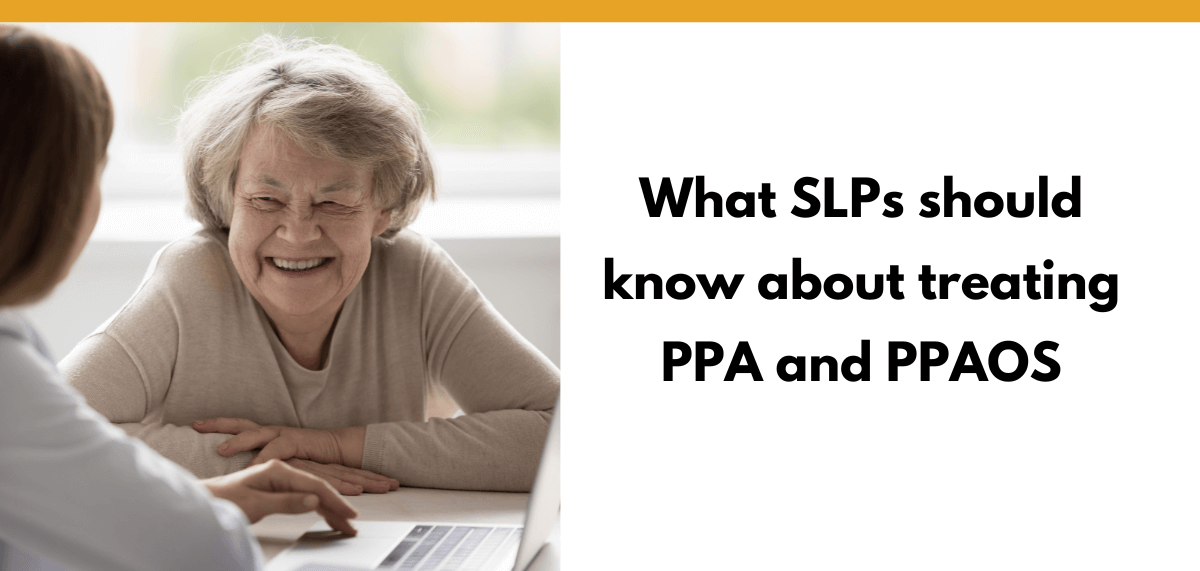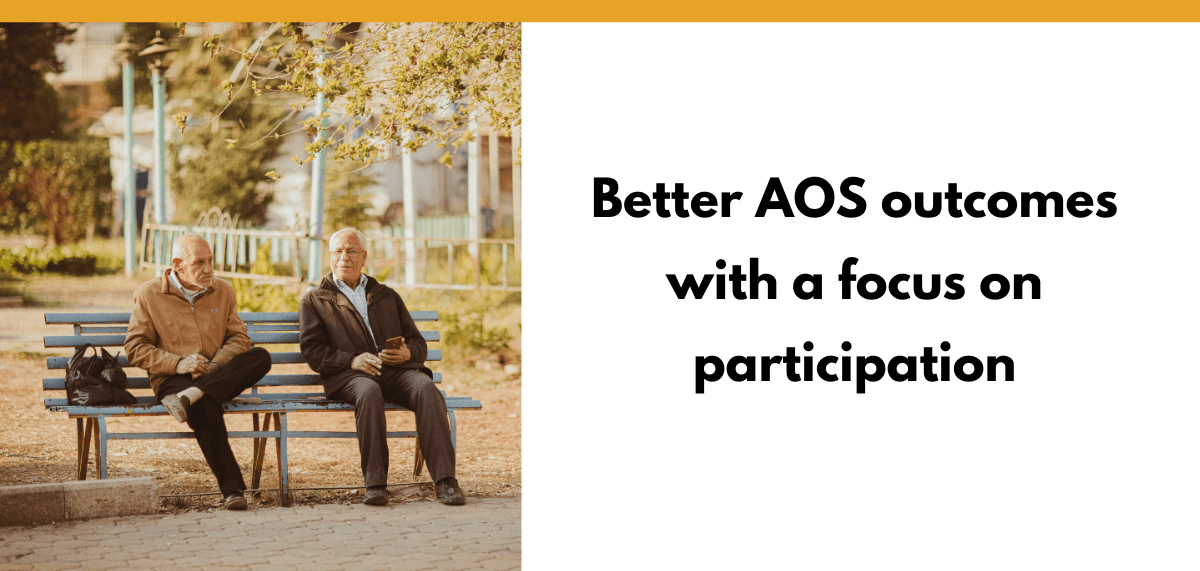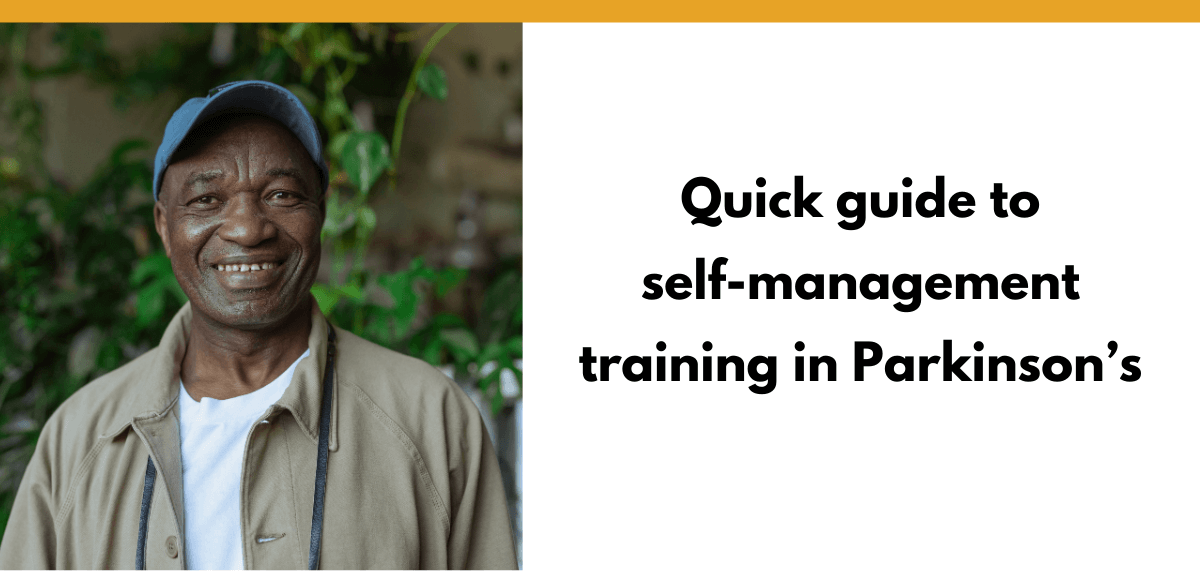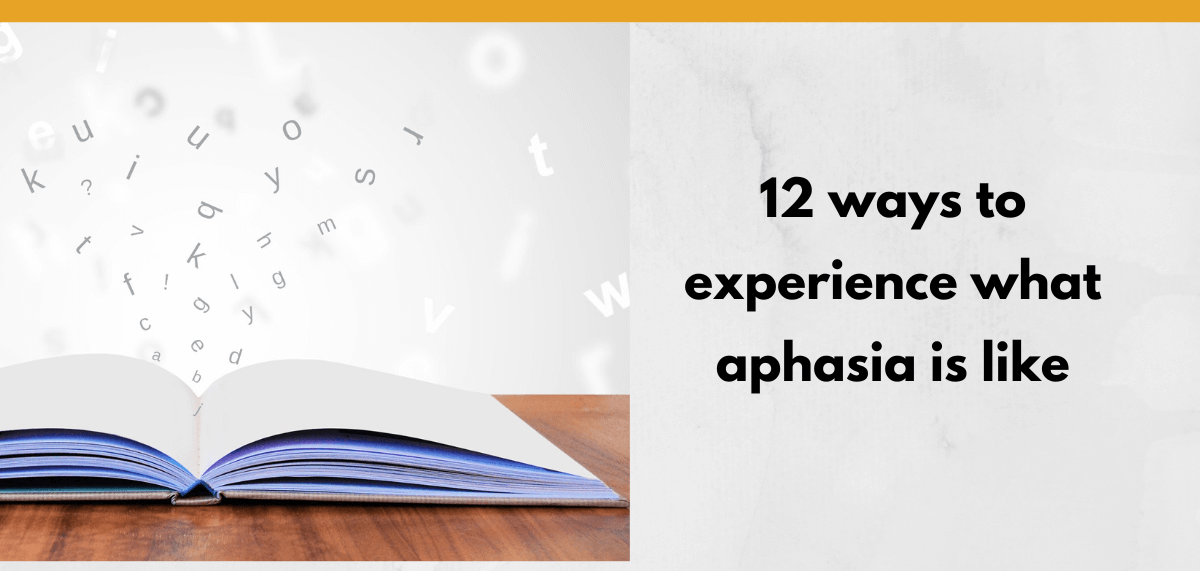If you assess motor speech, I highly recommend that you check out the Colorado Motor Speech Framework (CMSF). The CMSF is a free tool that makes motor speech evaluations easier…
Category: <span>Speak (communication)</span>
Brett McCardel, MS, CCC-SLP produced an in-depth seminar “Auditory Comprehension in Aphasia: Theoretical Perspectives, Assessment, and Treatment,” which you can listen to on the MedSLP Collective Podcast. In his seminar,…
Speech-language pathologists often work with adults who can read paragraphs, but who have trouble fully processing or recalling the information. Our patients may complain that they quickly forget what they’ve…
Primary Progressive Aphasia (PPA) and Primary Progressive Apraxia of Speech (PPAOS) are relatively rare conditions, but these are diagnoses that SLPs may see from time to time on their caseload.…
One of the roles of a speech-language pathologist is to help adults regain the ability to write after some type of brain injury. This article shares the results of a…
I recently worked with two patients with severe acquired apraxia of speech (AOS) just as I was really beginning to understand the difference between activity and participation goals. I used…
Did you know that there’s more to speech therapy for Parkinson’s disease than boosting volume? More than helping our patients identify real-world situations where they should try their improved voice?…
Are you on the lookout for a new aphasia therapy approach? AbSANT, or Abstract Semantic Associative Network Training, is a promising technique devised by Dr. Chaleece W. Sandberg and colleagues.…
Here are five things you may not think of before neck surgery, from the perspective of a speech-language pathologist who is undergoing neck surgery. Free DIRECT download: Resources for neck surgery…
To be clear, we can’t actually experience aphasia unless we have it. BUT we can try some interactive activities or watch some videos to gain a sense of what it…


